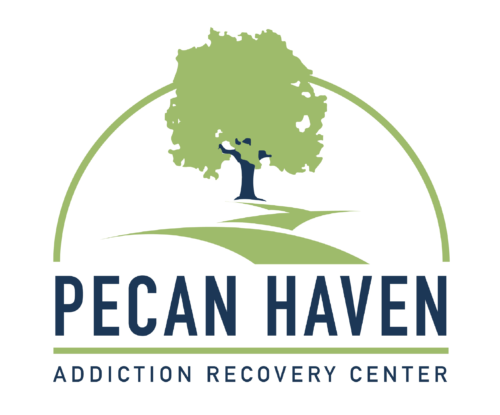The Key Components of Opioid Addiction Recovery
1. Detoxification
Detoxification is often the first step in recovery, where the body is cleansed of the drug. During this phase, individuals may experience withdrawal symptoms, which can be severe. Medical supervision is critical to managing these symptoms safely and effectively. Detox alone, however, is not sufficient for long-term recovery; it must be followed by further treatment.
2. Medication-Assisted Treatment (MAT)
MAT is a crucial element in opioid addiction recovery. It involves using medications like methadone, buprenorphine, or naltrexone to reduce cravings and withdrawal symptoms. MAT is often combined with counseling and behavioral therapies to enhance the effectiveness of treatment and support long-term recovery.
3. Behavioral Therapy and Counseling
Therapies such as Cognitive Behavioral Therapy (CBT) and contingency management are commonly used to address the psychological aspects of addiction. These therapies help individuals understand the underlying causes of their addiction, develop coping strategies, and change harmful behaviors. Group therapy and family counseling can also provide vital support during recovery.
4. Support Systems
A strong support network is essential for sustaining recovery. This includes family, friends, peer support groups like Narcotics Anonymous (NA), and professional support from counselors and therapists. Engaging with a community that understands the challenges of addiction can significantly enhance the recovery process.
5. Relapse Prevention
Recovery is an ongoing process, and relapse is a common part of the journey. Learning to recognize triggers, manage stress, and develop healthy habits are key strategies in preventing relapse. Regular follow-up care, continuous therapy, and participation in support groups are critical to maintaining sobriety.
The Importance of a Holistic Approach
Opioid addiction affects every aspect of a person’s life – physically, mentally, emotionally, and socially. A holistic approach that addresses all these areas is essential for successful recovery. This includes not only treating the addiction but also improving overall health, building self-esteem, and restoring relationships that may have been damaged by addiction.
Contact Us Today
Recovery from opioid addiction is a challenging but achievable process that requires dedication, support, and a comprehensive treatment plan. At Pecan Haven Addiction Recovery Center in Monroe, Louisiana, we understand the complexities of opioid addiction and are here to help every step of the way. Our programs, including residential treatment, intensive outpatient programs, and residual detox programs, are designed to provide the personalized care needed for effective recovery. If you or a loved one is struggling with opioid addiction, contact us at (318) 600-3333 to learn more about how we can support your journey to sobriety.

